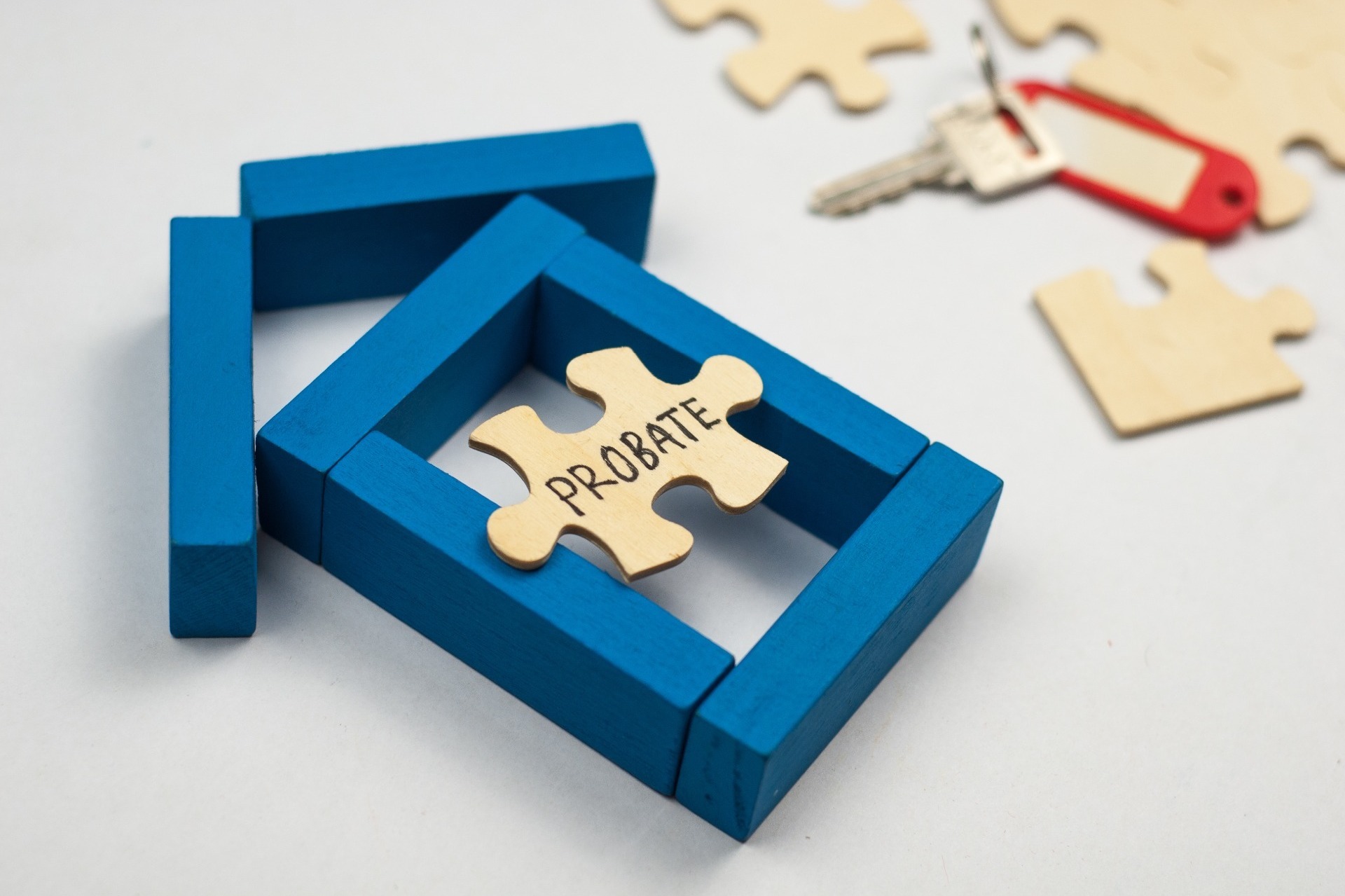Can A Will Be Changed After Death?
Posted on 12th March 2024
When a person dies their estate will either pass under their Will, or under the Rules of Intestacy, if they did not leave a Will, or if their Will was invalid. A person’s estate comprises all assets they own at the date of their death, less any funeral or testamentary costs, and liabilities, such as mortgages or loans.
For example, if a person owns a property worth £150,000 and then has £100,000 in their bank and savings accounts, their estate would be worth £250,000 before any negative balances were taken into account. If this person then had £25,000 in credit cards, and their funeral was £5,000, their Estate value would decrease to £220,000. This final amount could then be distributed to the beneficiaries named in their Will, or as the law stipulates. Our Probate Solicitors in Lancaster have discussed the Rules of Intestacy, here.
Sometimes, after somebody has died, the beneficiaries may decide that they are not happy with how the estate is to be distributed. This may seem ungrateful, or you may think that it should not be up to the beneficiaries as it should be the Testator’s – the person who made the Will – choice.
However, there are many reasons why varying a Will can be desirable. One example is if there are different financial circumstances of the intended beneficiaries than the position at the time the Will was made. Another example would be if the children of the deceased decide to vary the Will to pass the inheritance straight to their own children; this could be useful if the intended beneficiaries are already quite wealthy and do not want to add the inheritance into their own Estate.
Providing that the variation complies with certain requirements, the variation is treated as though it was written into the deceased’s Will by the deceased, for Inheritance Tax and Capital Gains Tax purposes. So, the new Will document, drafted as part of the Deed of Variation, will be treated as though it was effective from the date that the deceased died.

Contact our Probate Solicitors in Lancaster
The Deed of Variation – the document usually used by Probate Solicitors in Lancaster to vary a Will – must comply with certain conditions:

To be effective for Inheritance Tax and Capital Gains Tax purposes, the variation must be made within two years of the person’s death. Whilst it does not have to be by way of a formal Deed, our Probate Solicitors would always recommend that it is drafted as formally as possible, to prevent there being any issues with the document in the future.

Anybody who ‘loses out’ because of the variation must sign the final document. If a variation would affect the interest of someone who lacks capacity, children, or unborn children, you would need to seek approval of the Court before making any changes. A parent’s signature on behalf of a child is not sufficient.

The variation document must clearly state which specific part of the Estate is being varied and who is going to benefit from any variation. Usually our Probate Solicitors in Lancaster prepare a ‘new Will’ as part of the variation, to make it clear the new terms.

If the variation is going to alter the destination of any stocks, shares of marketable securities, it must contain a Stamp Duty certificate. Gov.uk suggests the following wording:

I/We Certify that this instrument falls within Category M in the schedule to the Stamp Duty (Exempt Instruments) Regulations 1987.
Such a statement may be required in other circumstances, too, and it would be usual for such a statement to be included in most Deeds.

If the variation is intended to take effect for Inheritance or Capital Gains Tax purposes, it will need to contain a statement, for those signing, stating that it is intended for this purpose. The statement could apply to either one or both types of tax.
Again, for example:
The parties to this variation intend that the provisions of section 142(1) Inheritance Tax Act 1984 and section 62(6) Taxation of Chargeable Gains Act 1992 shall apply.

This means that the variation would affect both types of tax:
Inheritance and Capital Gains. Such a statement may not be suitable in all cases, especially if the variation is not to take effect for these purposes. It is therefore recommended that you seek legal advice before entering into such a variation.

In terms of any assets that the deceased benefitted from which were held in trust, or assets that they gifted but still benefitted from, these assets cannot usually be treated for tax purposes as though the deceased had made the amendments to the Wills themselves.

Any variation made, cannot be altered once it has been varied. For example, if a gift of £10,000 was left to Mrs Smith, and she varies this to pass to her daughter, Mrs Jones, this gift cannot be varied a third time. However, if Mrs Smith has a gift of £100,000, and varies it to leave £10,000 to Mrs Jones, she could still vary the remaining gift (£90,000) a further time, or indeed further times, to leave an additional amount to Mrs Jones, or to another person.

In some cases, the Personal Representatives of an Estate – either the Executors named under the Will or the Administrators under the Rules of Intestacy – may decide to vary a Will to leave money to charity. In this case, the charity must be notified by the taxpayers that assets are being redirected to it and this evidence of such notification must be presented to HM Revenue and Customs. If the Charity is not notified, then the variation cannot be backdated to the date of death for inheritance tax purposes.

If a variation is made, which uses assets outside of the Estate to compensate any original beneficiaries for their loss, this cannot be backdated to the date of death for Inheritance Tax purposes.

For example
If Mr Smith dies leaving his £200,000 Estate to his two children, and they vary the Will to leave the assets to their mother, Mrs Smith, however, she compensates them with an equivalent sum of money from her own assets, this variation could not be taken into account for inheritance tax purposes. Therefore, the transfers made will be counted as transfers made by the beneficiaries whose inheritance is being varied.

If any variation will change the amount of inheritance tax payable, you should visit HMRC’s website for more advice on what forms needs to be completed by the Personal Representatives, and what information HM Revenue and Customs will require.
As you can see, varying an Estate is no simple task, and must be carried out in line with the strict criteria above.
Sadly, if the variation is not carried out correctly, it may not be effective for Inheritance Tax purposes and therefore, could end up costing the beneficiaries in the long run. That’s why our Probate Solicitors in Lancaster would always recommend seeking independent legal advice before entering into a Deed of Variation.
Contact our Probate Solicitors in Lancaster. You can contact our team online, here, or email wills@mglegal.co.uk for a call back within one working hour. To speak to a member of the team face-to-face, pop into your local office or arrange an appointment via telephone on 01524 581306.
Contact Us Today:
Or give us a call on 01524 581306.

Clear, fixed-fees

Fully-Qualified Solicitors

Tailored Service

Multiple Office Locations

Decades of Experience

Home Visits
Tagged as: Probate, Solicitors in Lancaster
Share this post:




